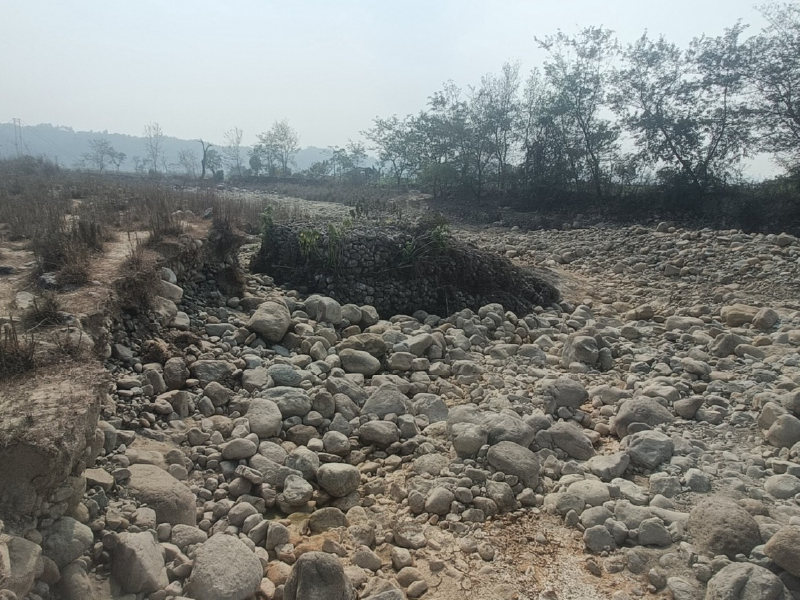Building Agroforestry-based Adaptation Plans for Resilient Floodplains (BAGAR)
Project Period: November 2024-November 2026
The Building Agroforestry-Based Adaptation Plans for Resilient Floodplains (BAGAR) project focuses on regenerating and sustainably managing floodplains in Marin Rural Municipality of Sindhuli District (Bagmati Province) and Gadhimai Municipality of Rautahat District (Madhesh Province), within Nepal’s Bagmati River Basin. As Nepal
faces increasing vulnerability to climate change marked by unpredictable monsoon floods and rising food insecurity, BAGAR targets some of the most affected populations, including Indigenous communities (Tamang, Magar, Majhi) and Dalits, who comprise 60% of Marin’s and 35% of Gadhimai’s populations. These communities often struggle
with land tenure insecurity and limited representation in local governance, while sedimentation has made large areas of floodplain land uncultivable. Through Heifer International’s participatory development approach, BAGAR works with these vulnerable groups to co-design ecosystem-based agroforestry adaptation plans that incorporate native, flood-resilient fodder species, helping reduce flood risks, restore ecosystem services, and improve food and fodder availability. The project is being implemented across 16 wards (7 in Marin and 9 in Gadhimai) through 35 Heifer-
supported community-based organizations (CBOs), reaching all 78,232 residents of the 2 municipalities. With 40% of beneficiaries being from Dalit and Indigenous groups, BAGAR also addresses knowledge and capacity gaps in climate adaptation while leveraging partnerships with local governments to build trust and create scalable
models for riparian restoration and floodplain management.
Strengthening Smallholder Livestock Value Chains


